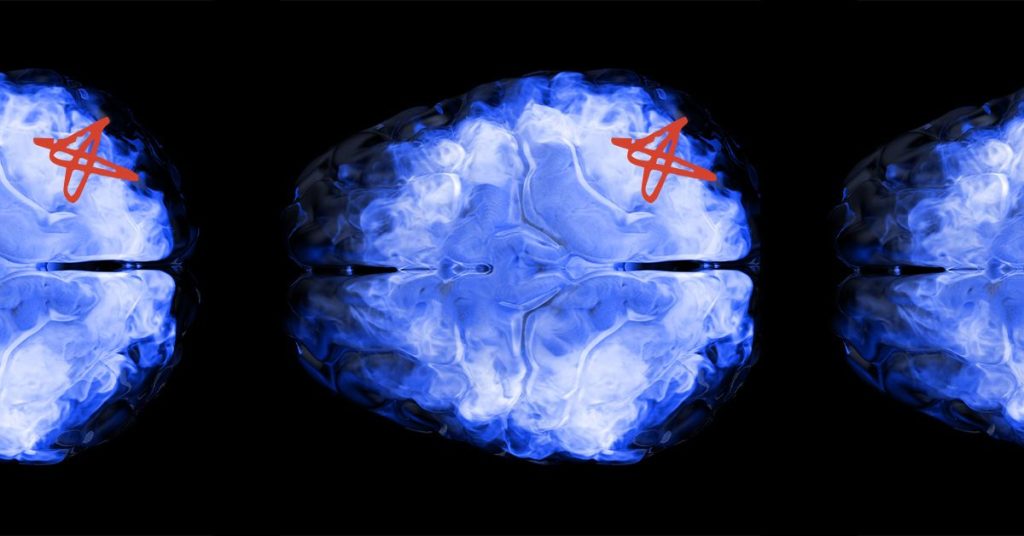Alzheimer’s disease affects millions of people worldwide and currently has no cure. One of the leading theories behind this condition is the accumulation of proteins beta-amyloid and tau in the brain. Researchers from Oregon Health and Science University have shown how the brain’s glymphatic system removes waste that could lead to problems down the line. Lifestyle measures such as quality sleep are believed to play a crucial role in keeping the brain’s waste-removal system functioning properly. The implications of these findings for Alzheimer’s disease and other forms of dementia remain unclear.
The brain’s glymphatic system is responsible for clearing away proteins that can cause diseases such as Alzheimer’s. A new study from Oregon Health and Science University has demonstrated how this waste-clearing system operates in humans by utilizing a contrasting agent and MRI imaging. This system involves perivascular spaces filled with fluid that surround blood vessels, which play a crucial role in removing waste from the brain. Proper sleep is believed to enhance this waste-removal process, emphasizing the importance of maintaining good sleep hygiene for brain health.
The research findings have led to a greater understanding of how the brain removes waste and the potential implications for conditions like Alzheimer’s. Improving the brain’s ability to clear out toxic proteins could potentially alter the course of diseases like Alzheimer’s and Parkinson’s. The study has shown that fluid is pushed into brain tissue through specific channels, similar to how waste is flushed through in mice. Proper sleep and lifestyle measures are believed to be key in optimizing the brain’s waste-removing system and potentially preventing neurodegenerative diseases.
While some researchers are hopeful about the potential implications of the study findings for Alzheimer’s and dementia prevention, others remain skeptical. A neurologist not involved in the research points out that the presence of a central nervous system glymphatic system may not have clinical significance outside of certain conditions like neuro-oncology and neuro-infectious disease. The study focused on brain tumor patients, and the findings may not be applicable to healthy individuals or those with different conditions. While glymphatic imaging may aid in treating brain tumors, it may not directly impact the diagnosis or treatment of memory loss or dementia.
Future studies are needed to further explore the role of the glymphatic system in the brain and its potential impact on neurodegenerative diseases. Researchers are continuing to investigate ways to enhance waste removal in the brain without drugs, with a focus on understanding how sleep affects this process. Individuals interested in participating in upcoming studies on waste removal in the brain are encouraged to contact the Oregon Health and Science University research team. While the implications of the study findings for Alzheimer’s and other forms of dementia are still being debated, continued research in this area could lead to new insights and potential preventive strategies in the future.















